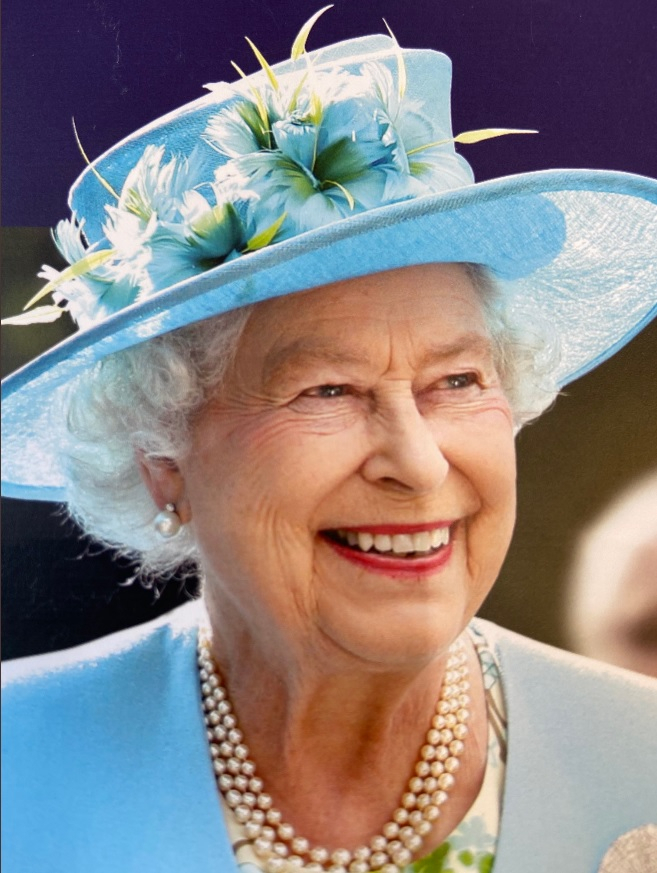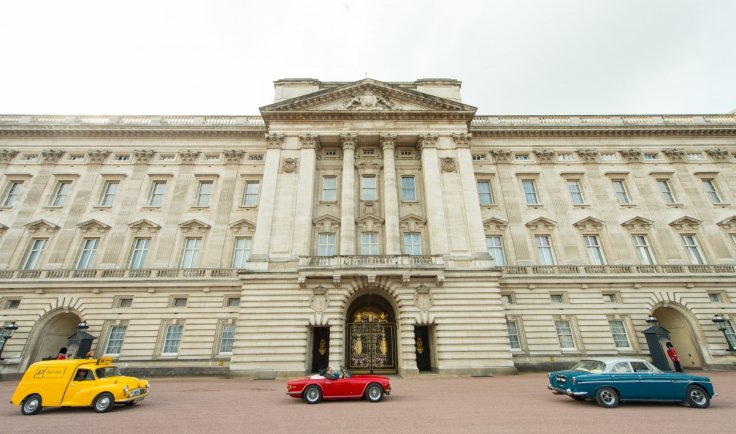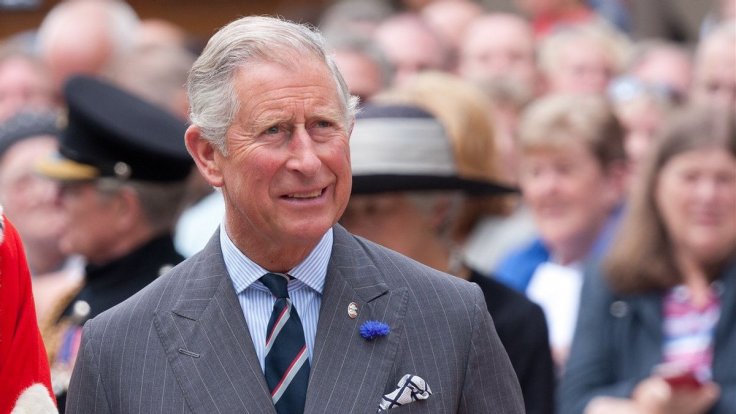Is it possible to envisage the end of monarchy in Britain? There have been deep rumblings under the seemingly vigorous acceptance of the 1000-year old institution among the general public. These rumblings can become more overt in the aftermath of the death of Queen Elizabeth II, who has left the scene after a much loved, much admired reign of 70 years.
The UK Republicans will, in all likelihood, press ahead with the demand to replace monarchy with another form of government, now that the long-serving monarch has died. Similar movement in Australia will also gain more pace as King Charles III takes the crown and moves into the Buckingham Palace.

Full-fledged Republic
Republicanism in the UK visualizes the end of monarchy and the transformation of the country, where modern democracy took shape, into a full-fledged republic. One of the reasons the Republican movement failed to get wide acceptance in the last several decades, despite the scandals of the royal family, was the huge popularity of the Queen.
Prince Charles does not command the respect the Queen enjoyed, nor is he loved by the general public the way the Queen was. Making matters worse, Charles has a troubles record on the personal front to defend. The fact that his royal consort, Duchess Camilla, is not well-loved among the royal fans also makes matters worse for the monarchy as it enters its post-Elizabeth phase.
"The queen is the monarchy for most people. After she dies the future of the institution is in serious jeopardy ... Charles may inherit the throne, but he won't inherit the deference and respect afforded the queen," said Graham Smith, chief executive of campaign group Republic, according to Reuters.
What Polls Say
In recent years, Republicanism has been gaining ground. A recent YouGov poll showed that 27 percent of the UK population supported the abolition of the monarchy. This viewpoint would, in all likelihood, gain more acceptance when King Charles is on the throne. The Guardian said in an analysis that over much of the last several decades, roughly 15 percent of the population supported the abolition of the monarchy. It does not augur well for the Windsors that this trend is gaining momentum.
The Republicans are expected to campaign more aggressively for the end of the monarchy in the days after the coronation of Charles, the Reuters report says.
"It is an opportunity to campaign, but it is not going to be an easy campaign ... We are going to have to work hard to get that referendum," said Graham Smith.

Australia, Canada and New Zealand
The monarchy is considerably more popular in England than in Scotland and Northern Ireland. However, the British monarch is not just the head of state of Britain, but of 14 other nations including Canada, Australia and New Zealand.
In all these places, anti-monarchy sentiments are gaining ground. The Australian Republican Movement (ARM) issued a statement saying, among other things, that the Queen had supported a referendum to decide the end of monarchy in Australia. The statement was issued minutes after the Queen's death.
"The Queen backed the right of Australians to become a fully independent nation during the referendum on an Australian republic in 1999, saying that she has 'always made it clear that the future of the Monarchy in Australia is an issue for the Australian people and them alone to decide, by democratic and constitutional means," the statement read.

Similar movements have been strong in Canada and New Zealand as well. Opinion polls in these countries show the majority favour cutting ties to the British monarchy but the issue is not seen to have become a big political movement.
A huge factor behind the wider acceptance for the monarchy across the Commonwealth was the personality of the Queen. With her death, things are fluid once again.









